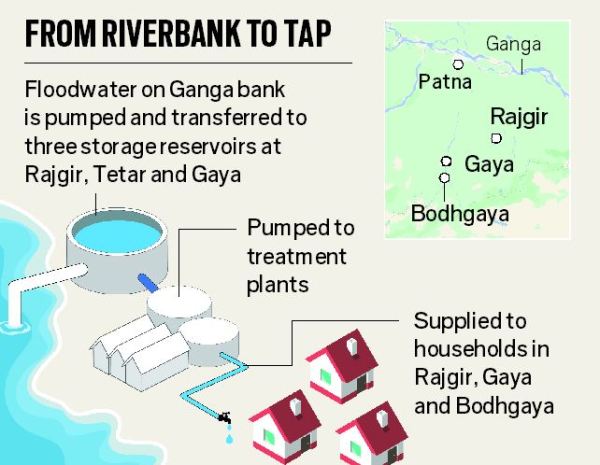Male health worker crunch hits sterilisation
3 min read Patna: Male participation in family planning programmes continues to take a backseat in the state and this is evident from the state’s male and female sterilisation data of the past one year.
Patna: Male participation in family planning programmes continues to take a backseat in the state and this is evident from the state’s male and female sterilisation data of the past one year.
According to the State Health Society, 4,68,975 females took part in the sterilisation procedure in the financial year (2017-18) against the participation of only 2,576 male counterparts.
Male health workers, who could have played a pivotal role in convincing males from the community to take part in the family planning programme or opt for the sterilisation procedure, continued to be in less numbers.
According to the Rural Health Statistics, 2017, the sanctioned post of male health workers is 2,135. Of this, only 1,244 posts are filled up, rest 891 are vacant. The Rural Health Statistics, 2017, says the required number of male health workers is 9,949.
Senior health officials already acknowledge that women continue to take much of the family planning programme’s burden in the state, which also has the highest total fertility rate at present, which is 3.3. The total fertility rate refers to the number of children born to a woman in her lifetime.
At a programme recently held on World Population Day, principal secretary, health, Sanjay Kumar, admitted that the female participation in the sterilisation procure was 97 per cent against 3 per cent of males while the national average was 93 per cent female participation against 7 per cent male participation.
“The Asha and auxiliary nurse midwives, who have been engaged in the family planning programme still find it hard to convince males in the community to opt for family planning programmes. While they go on to convince mainly females in the community, when it is about ensuring male participation, they ask wives to motivate the husbands to opt for the family planning procedure,” said an official looking after the family planning programme in the State Health Society.
“Social norms limit interaction between men and women, especially on topics related to reproductive health and contraceptive use. As a result, sometimes it is difficult for female health workers to reach out to men. There is a critical need for male health workers at the outreach level. Most family planning programmes operate from the perspective that women are contraceptive users and that men should support their partners, with insufficient attention to reaching men as contraceptive users in their own right, and globally this is the trend as well. A growing discourse and substantial action research indicates that engaging men in developmental areas mediated by gender norms is crucial for intervention efficacy,” said executive director of Centre for Catalyzing Change, Aparajita Gogoi.
The Centre for Catalyzing Change is working on family planning among many others areas in Bihar.
Gogoi added: “Bihar has a high unmet need for family planning at 21 per cent. Engaging with men regarding their family planning decisions in an inclusive manner, through interventions like an expanded corps of skilled male health workers can support uptake of family planning methods. Improving men’s understanding of family planning methods by directly addressing their concerns regarding methods/side effects, influences their own contraceptive usage and use by partners as well.”
Courtesy: The Telegraph


